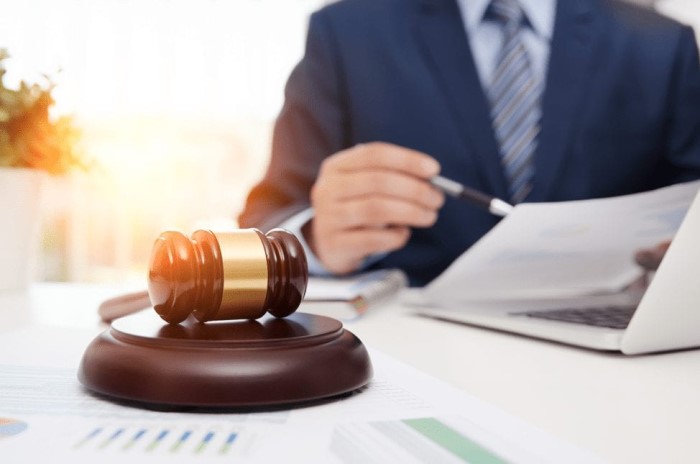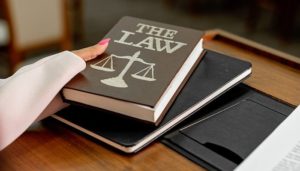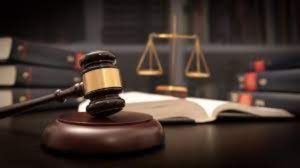
In recent years, wildfires have become an increasingly prevalent and destructive force, leaving devastation in their wake. In the aftermath of these catastrophic events, legal battles often unfold as affected individuals and entities seek compensation for their losses. One case that stands out amidst this legal landscape is the ongoing Maui Wildfires lawsuit. This article explores the legal challenges posed by wildfire lawsuits and delves into the specific lessons that legal professionals can glean from the ongoing Maui wildfire case.
Understanding the Maui Wildfires Lawsuit
The Maui Wildfire lawsuit is a prominent example of the complex legal issues surrounding wildfire-related cases. At least 111 people have been declared dead due to the fire, and over 650 people are still missing. These fires burned thousands of acres of land, destroyed homes, and prompted evacuations. Key parties involved in the lawsuit include residents who suffered property damage, agricultural businesses, and utility companies. The central focus of the litigation is to determine liability for the fires and to seek compensation for the losses incurred.
Key Legal Insights from the Maui Wildfires Lawsuit
Causation Analysis: The Foundation of Wildfire Lawsuits
Wildfire lawsuits hinge on the ability to establish causation—determining the exact cause of the wildfire and the parties responsible. In this context, the Maui Wildfires case underscores the paramount importance of causation analysis:
Expert Testimony: Expert witnesses, including fire investigators and meteorologists, play a pivotal role in providing testimony regarding the fire’s origin, progression, and contributing factors.
Forensic Analysis: Forensic analysis of fire patterns, burn marks, and other physical evidence helps reconstruct the sequence of events leading to the wildfire.
Scientific Evidence: Scientific data related to weather conditions, such as wind speed, humidity, and temperature, is used to assess how these factors contributed to the fire’s spread.
Liability Determination: Assessing Responsibility for Wildfires
The Maui Wildfires lawsuit highlights the complexity of determining liability in wildfire cases. Liability can be based on factors such as negligence, recklessness, or violations of fire safety regulations:
Utility Companies: When wildfires are linked to electrical equipment or power lines, utility companies may face liability if they fail to maintain or adequately inspect their infrastructure.
Landowners: Property owners may be held responsible if they neglect to maintain their land, creating conditions conducive to wildfires. This includes failure to clear vegetation, implement firebreaks, or adhere to local fire safety regulations.
Government Entities: Government agencies may be liable if they are found to have been negligent in their wildfire prevention efforts or failed to respond adequately to control the fire’s spread.
Complex Damages Assessment: Evaluating Losses Suffered
Assessing damages in wildfire-related lawsuits is a multifaceted challenge. It involves evaluating various types of losses, including:
Property Damage: This category includes the cost of repairing or replacing homes, structures, vehicles, and personal belongings damaged or destroyed by the wildfire.
Personal Injury Claims: Individuals who suffered injuries, smoke inhalation, or other health-related issues may file personal injury claims seeking compensation for medical expenses and pain and suffering.
Economic Losses: Businesses and agricultural operations that suffered economic losses due to the wildfire may seek compensation for lost revenue, business interruption, and additional expenses incurred.
Emotional Distress: Some plaintiffs may claim emotional distress and psychological trauma resulting from the wildfire’s impact on their lives.
Lessons for Legal Professionals
The Maui Wildfires lawsuit offers several crucial lessons for legal professionals handling wildfire-related cases:
A Thorough Investigation is Crucial:
Legal professionals must conduct a comprehensive investigation, gathering all available evidence, including physical evidence, eyewitness accounts, and expert opinions.
Collaboration with expert witnesses, such as fire investigators and meteorologists, is essential to strengthen the case and present scientifically grounded arguments.
Collaboration with Experts:
Legal professionals should foster open communication and teamwork with experts to integrate their insights effectively into the legal strategy.
Expert collaboration enhances the case’s credibility and demonstrates the commitment to uncovering the truth.
Regulatory Compliance Matters:
Compliance with fire safety codes, zoning laws, and land use regulations can significantly impact liability. Legal professionals should evaluate whether the parties involved adhere to these regulations.
Detailed examinations of negligence, recklessness, or violations of fire safety regulations are crucial in determining liability.
Effective Communication with Clients:
Legal professionals must engage in clear and empathetic communication with wildfire victims, recognizing the emotional toll these events can take.
Managing client expectations regarding the legal process, potential outcomes, and timelines is vital, fostering trust and informed decision-making.
Advocacy for Justice and Compensation:
Legal professionals must be committed advocates, holding responsible parties accountable and pursuing fair compensation for their clients.
Pursuing compensation for property damage, personal injuries, economic losses, and emotional distress is essential in advocating for justice.
Guiding Clients Through the Legal Process
Wildfire lawsuits present multifaceted legal challenges that demand a deep understanding of causation analysis, liability determination, damages assessment, and regulatory compliance. The ongoing Maui Wildfires lawsuit serves as a valuable source of insights for legal professionals handling wildfire-related cases. By applying the lessons learned from this case, legal professionals can better navigate the complexities of these challenging legal battles and play a crucial role in seeking compensation and accountability for those affected by devastating wildfires.






